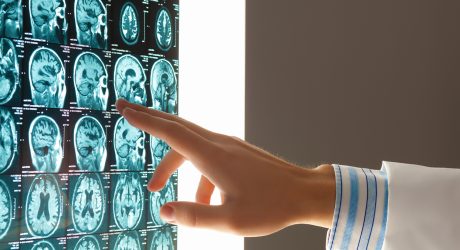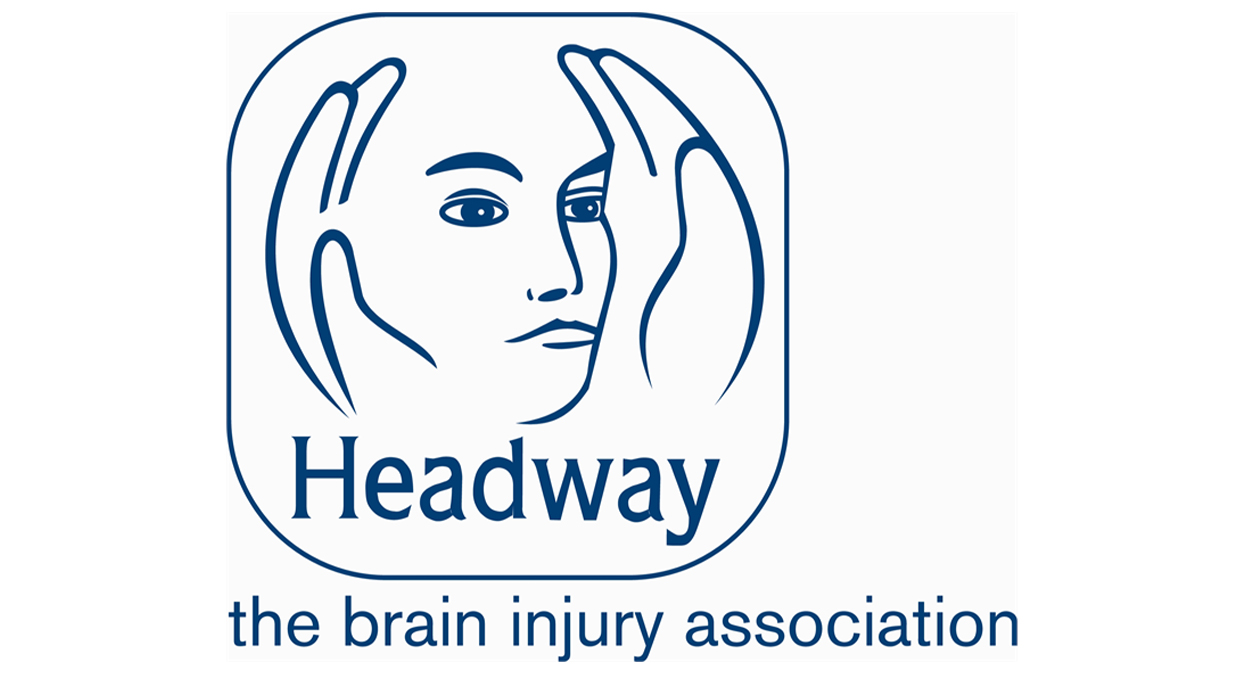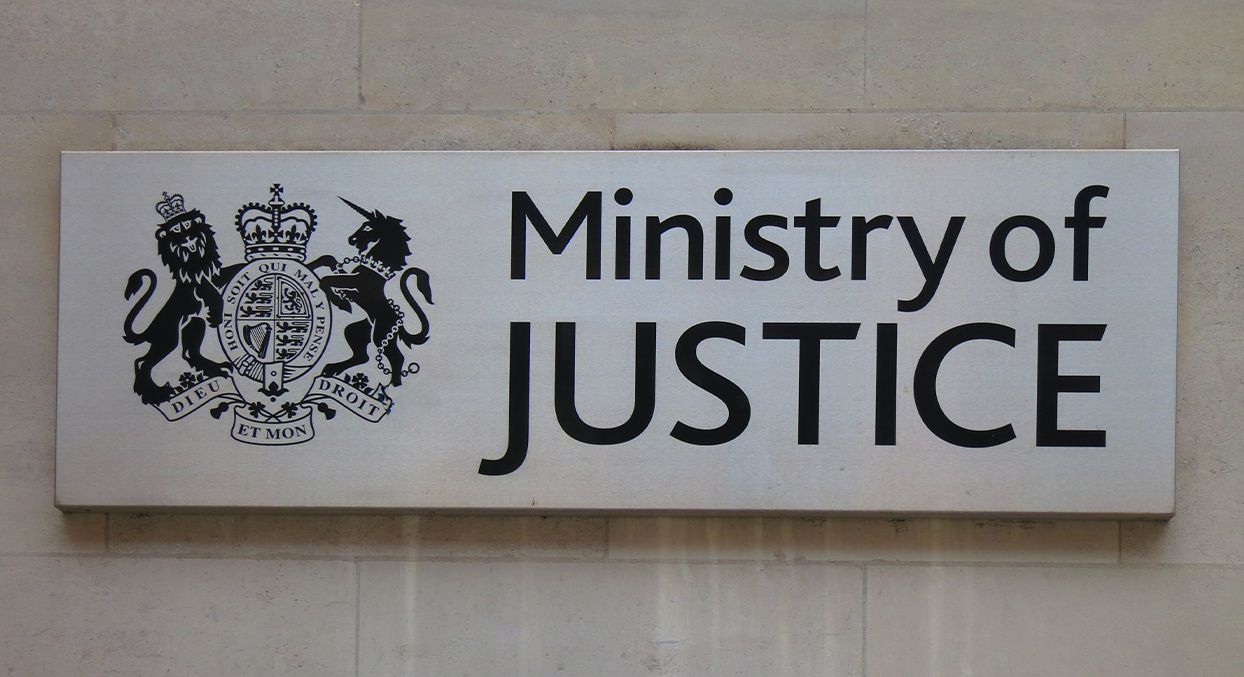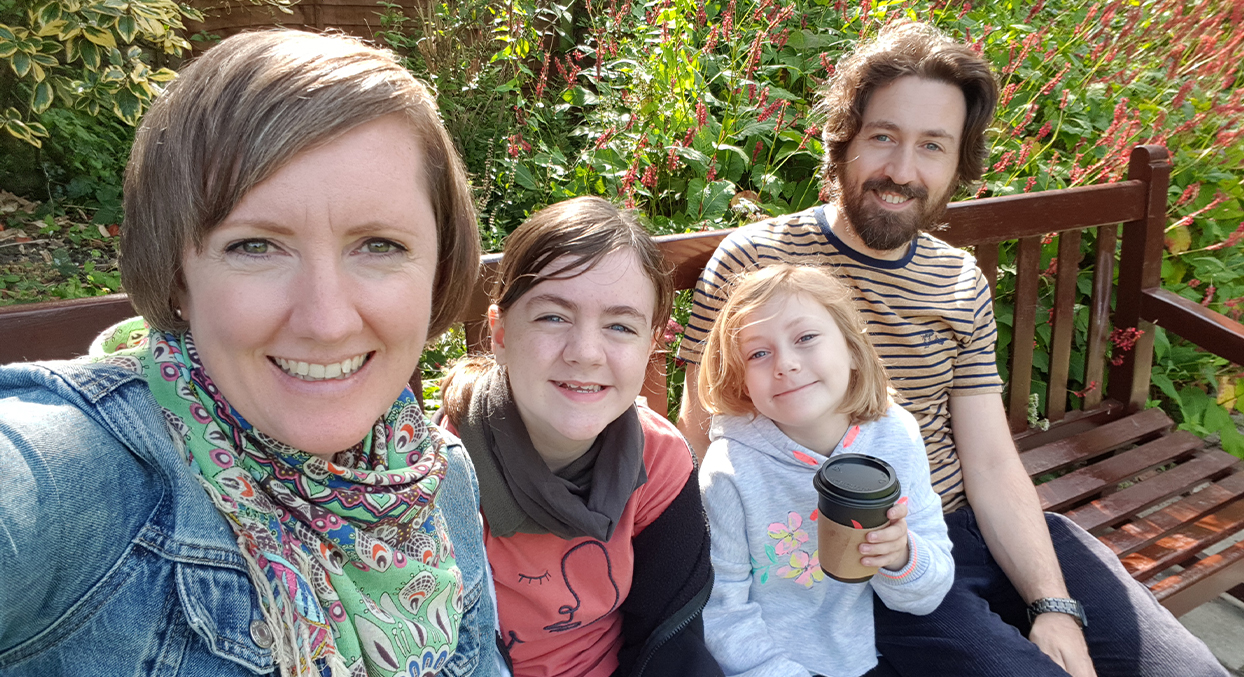After the coronavirus pandemic and resultant lockdowns, mental health and wellbeing have been at the forefront of everyone’s minds. However, the interplay between mental health and brain injuries is a topic not discussed as much as it deserves.
It is nonetheless an incredibly important one from both treatment and litigation perspectives. A person with a mental health condition and a brain injury has what is called a dual diagnosis, and the relationship between the two is complicated for many reasons.
This article was written by Personal Injury partner Ben Townsend and trainee solicitor James Philpott and first published in the 2023/24 edition of the Brain and Spinal Injury Handbook.
Brain injury statistics
According to statistics from the brain injury charity Headway, 356,699 people in the UK were admitted to hospital with an acquired brain injury (ABI) in 2019-2020 alone.
One in four people in the UK experience mental health problems every year. However, the figures surrounding brain injuries and mental health are even starker. Eighty percent of those who sustain a traumatic brain injury (TBI) will have mental health issues following their injury, and roughly 50% will experience significant depressive symptoms within the first year. Even 40% of people who sustain a mild TBI will experience ongoing mental health issues.
The evidence indicates that severe TBI survivors are more likely to have longer-term, higher levels of mental health issues than those with a mild TBI. However, the picture is complex. Mild TBI survivors can have a greater awareness and insight into their condition. They can also be more acutely aware of what they can and cannot do, which can impact their mental health.
For several reasons, 60% of TBI survivors will have insomnia throughout their recovery. Everyone can appreciate the negative impact of poor sleep and how it can affect resilience, motivation and engagement. However, for a TBI survivor, particularly in the context of rehabilitation, the effects are magnified and can result in having a heightened pre-disposition to mental health issues.
Impact
Due to the nature of a brain injury, the injured person’s life can suddenly change in sometimes quite profound ways. Often, they experience deficits in executive and cognitive skills, including memory, concentration, attention, planning and organising. One day they are independent and managing their own life, and the next they find themselves unable to do many things they once could. For the TBI survivor, that realisation and comparison to their pre-accident self can be difficult to process and can, understandably, impact their mental health. It is easy to see how trying to come to terms with their injury can manifest itself in presentations of, for example, low mood or high levels of anxiety.
This means TBIs can trigger pre-existing mental health issues, produce symptoms that may, to some extent, appear similar to mental health conditions or cause entirely new mental health issues.
Treatment
This is written from a lawyer’s perspective, so cannot be viewed as medical advice. However, it can be difficult to differentiate between the symptoms of a brain injury and underlying mental health issues, making the treatment pathway difficult to navigate. Further, TBI survivors (particularly those outside litigation) are regularly treated by mental health services simply because there aren’t any specialist brain injury services in their area.
At its core, treating mental health issues in the context of a TBI is about equipping the injured person with the tools they need to adapt and compensate for their changed sense of self. Focusing on the positive steps that can be taken, rather than the deficits the injured person is experiencing, is central to effectively treating underlying mental health issues.
It is paramount to know what intervention is needed and when and how it should be implemented within the wider rehabilitation programme. As ever in serious injury claims, the importance of an effective case manager cannot be understated, particularly in identifying the red flags that are often precursors to developing mental health issues. Family members also play a key role here. They are sometimes best placed to feed back to the treating team how the injured person is presenting post-accident compared to before, particularly where the injured person has pre-existing mental health issues.
The effectiveness of neurorehabilitation is significantly diminished if, due to underlying mental health issues, the injured person is unable or is not motivated to engage positively with the rehabilitation programme.
The evidence appears to indicate that mental health issues should be addressed before beginning neurorehabilitation. This is vital to maximise the effect of rehabilitation and ensure that any claim can be accurately quantified.
A range of treatments are available to address mental health issues, including neuropsychological, cognitive behavioural therapy, neuropharmacological and clinical or neuro-psychiatric.
Mental health issues have a propensity to resurface, particularly during times of stress, such as significant junctures in legal proceedings. As such, the treating and legal teams need to remain alive to the issue of mental health throughout the rehabilitation programme.
Litigation perspective
The degree of crossover between brain injury symptoms and mental health issues can also pose difficulties from a litigation perspective, especially when the injured person suffered from mental health issues pre-accident. Defendants will often try to argue that the symptoms displayed by an injured person are pre-existing psychological issues rather than a result of the brain injury, and their symptoms are basically the same as pre-injury. As solicitors, we should expect this argument to be made and be prepared to rebut it.
To deal with this issue, the rehabilitation team working with the brain injury survivor must ensure that potential psychological symptoms are addressed as part of the rehabilitation package. As mentioned above, several therapies are available to treat mental health issues. Hopefully, mental health issues will be amenable to treatment, which is the desired outcome. However, if problems persist at a level in excess of the pre-injury situation, it will be more difficult for the defendant to portray them as pre-existing psychological problems.
Proactively obtaining GP, hospital, and the Department for Work and Pensions records rather than waiting for defendants to raise their argument is a good starting point for the solicitor. Taking time to examine the documentary evidence carefully will help identify pre-existing problems, which can be compared with the injured person’s current presentation. Gathering information from family and friends is another useful avenue to explore and can quickly identify if or how the brain injury has exacerbated their symptoms. As people who knew the injured person before their injury and are likely to spend the most time with the injured person post-accident, their observations can be incredibly helpful in setting out changes to an injured person’s presentation.
Many might perceive mental health conditions as being a minor part of a brain injury claim. However, as I have outlined in this article, they can be fundamental to it. Failing to identify the cause of a brain injury survivor’s symptoms can significantly impact their recovery and any legal case they are pursuing. The professionals, friends and family involved with the brain injury survivor can all help in this regard.
You can find further information regarding our expertise, experience and team on our Personal Injury page.
If you require assistance from our team, please contact us.
Subscribe – In order to receive our news straight to your inbox, subscribe here. Our newsletters are sent no more than once a month.







